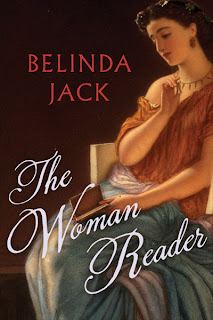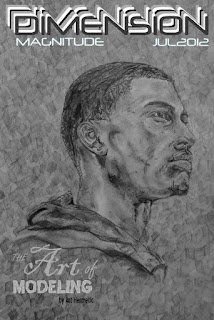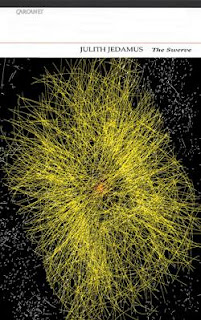François Jullien's "In Praise of Blandness"

I found François Jullien's In Praise of Blandness last summer in the great architecture and design bookstore in Bras Basah Complex, where I brought GH to buy art supplies. I have read Jullien's The Impossible Nude years ago with a great deal of interest while I was working on the poems for The Book of the Body . In Praise of Blandness examines not just Chinese art, but also Chinese philosophy, ethics, music and poetry for a common denominator called dan , which Jullien translates as fadeur , and his English translator Paula M. Varsano translates as blandness. In his Prologue, after acknowledging the difficulty, in fact, the undesirability, of defining blandness, Jullien describes the word thus, at the same time summarizing the movement of thought in the book: Blandness: that phase when different flavors no longer stand in opposition to each other, but, rather, abide within plenitude. It provides access to the undifferentiated foundation of all things and so is valu...






